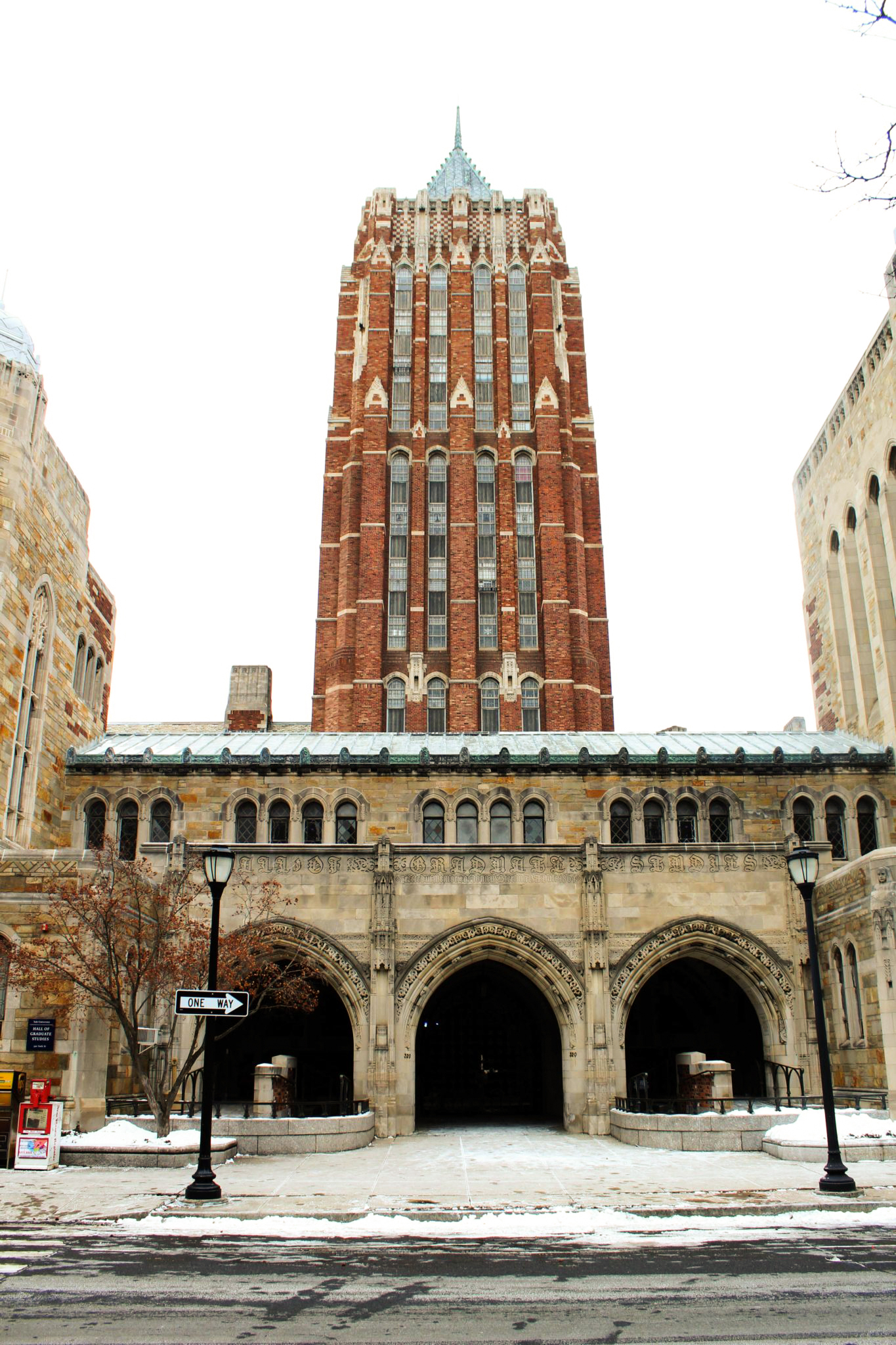
Yale Daily News
Last Wednesday, the Graduate Student Assembly sent out an email surveying graduate and professional students about ongoing issues of mental health and wellness in their respective communities.
Jenette Creso GRD ’23, chair of facilities and health care for the assembly, explained that graduate students tend to live more decentralized and work-intensive lives that contribute to a cycle of poor mental health, prompting the Assembly to survey the community about their access to spaces for work and decompression in addition to clinical resources.
“Graduate school is a very taxing time. It’s kind of hard because you’re in this place where there’s a big correlation between your self worth and your ability to do research,” Creso said. “Doing the same experiment over and over again and not getting the results you’re looking for can be hard.”
In the survey, the Assembly asked graduate students if they had sought out clinical resources such as Yale Mental Health & Counseling or nonclinical wellness resources like the Good Life Center. Students were invited to give feedback on their experiences with Yale mental health resources and qualify how their graduate careers could be improved with increased access to arts and recreation.
The Assembly also sent out a separate survey centered on graduate students’ access to designated work spaces, the lack of which Creso said contributes to a sense of “isolation.” The survey asked if students had designated spaces, if they shared those spaces with other departments or undergraduates and if they had access to those spaces 24/7. Students were also able to comment on the quality of their spaces in terms of furnishings and lighting, much of which has changed since the Hall of Graduate Studies has closed for renovations.
Fortunately, Creso said, Yale Mental Health & Counseling is a useful institutional resource. She explained, however, that their limited capacity results in monthslong wait times that can be “discouraging.” She and other graduate student leadership are calling for preventative measures to alleviate the problem as much as possible, prompting a joint effort between the Assembly and the Graduate and Professional Student Senate to explore a peer support program.
Graduate Student Assembly chair Stephen Gaughran GRD ’21 said that the program would cultivate an “emotional intelligence space” that allows for students to develop the skills to process the emotions they experience. Gaughran said that grad students are “thrown into their work” without the chance to develop a social safety net, contributing to a sense of isolation. He specifically cited a November 2018 article in The Atlantic in which graduate students are profiled as suffering the spectrum of mental illness “at astonishingly rates.”
Creso said that while the program is currently in a very preliminary stage, she anticipates a pilot program to run in the summer. “We are set on making it happen,” she said, and assured that more information would be forthcoming. The goal is to have graduate and professional students lead discussions that would build a sense of community without having a professional in the room.
The mental health and wellness survey will be open until May 1.
John Besche | john.besche@yale.edu .







